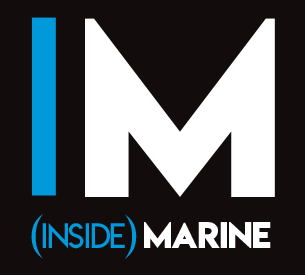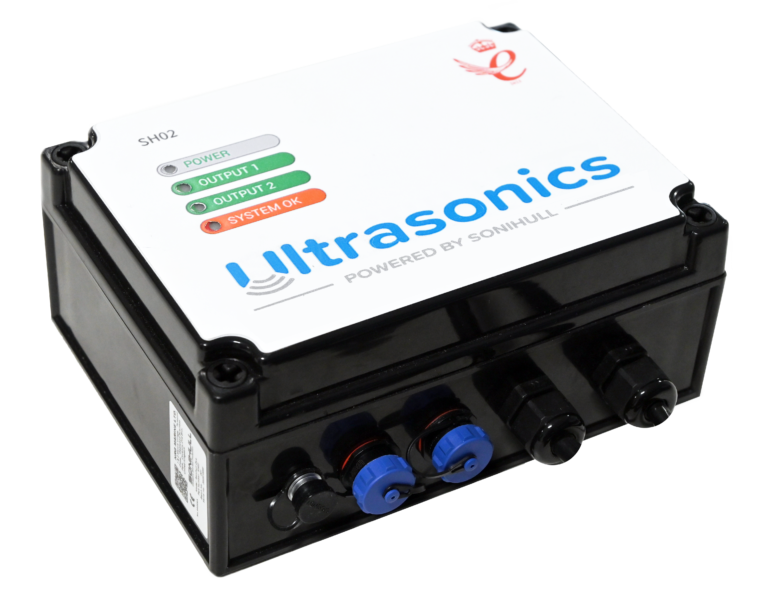Truflo Marine Limited (IMI), the marine valve specialist subsidiary of IMI Critical Engineering, a prominent supplier of specialised, high-performance valves tailored to naval requirements, is delivering an innovative technology to the global defence market that addresses a problem affecting vessel owners and operators since maritime exploration began.
Biofouling, or biological fouling, is the accumulation of microorganisms, plants, algae, or crustaceans on wet surfaces that have a mechanical function, causing structural or other functional deficiencies. Left unchecked, the resulting build-up can cause corrosion and impact operational efficiency – a heavily fouled ship hull can result in powering penalties of up to 86% at cruising speed; even relatively light fouling by diatom ‘slimes’ can generate a 10-16% penalty.
IMI’s naval marine valves play a vital role in various applications. Preventing biofouling will help increase fleet availability while reducing maintenance and operational costs and ensuring seawater mechanical systems operate without impedance.
IMI has a long history of developing technological advancements and, working with technology partner Sonihull, now offers a commercially proven solution to tackle biofouling for the naval marine market, both in dock and during operations.
With over 30,000 antifouling solutions from Sonihull already installed on commercial ships, the ultrasound-induced non-inertial agitation solution disrupts the biofouling process and actively prevents barnacle and mussel attachment. The system is an ideal alternative to harmful biocides, which are increasingly being restricted by new environmental legislation.
“Marine biofouling poses significant challenges for the naval industry,” said Global President of Marine at IMI Mike Semens-Flanagan. “IMI Truflo Marine is proud to introduce a biocide-free system, particularly as legislation increasingly restricts the use of metallic biocides in existing antifouling systems.”
Submarines are prone to biofouling, especially when undergoing maintenance or refits in dockyards, where stagnant water often accelerates the build-up and ingestion of biomaterial into ballast and cooling systems. Surface ships experience similar issues, with the US Navy estimating that biofouling costs US$56M per year for the entire DDG-51 class or US$1B over 15 years.
Sonihull’s ultrasonic antifouling solution, coupled with IMI’s deep domain understanding and qualification capabilities for the naval marine market, is designed for fit-and-forget ease, and is suitable for any solid surface exposed to raw seawater, including hulls, shafts, propellers, waterjets, sea-chests, tanks, keel-coolers, box-coolers, pipework, intakes, and valves. Unlike biocidal coatings and impressed-current systems, this low-power solution is a low-cost, low-maintenance, and non-toxic solution to marine growth and fouling.
To learn more about IMI’s ultrasonic antifouling solutions, please visit the IMI Critical Engineering website


